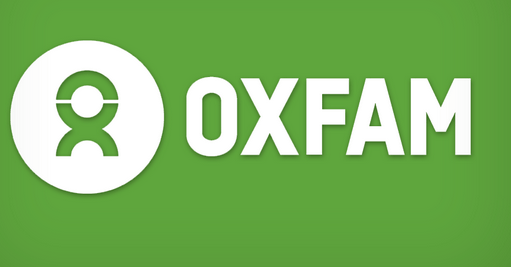Extreme inequality hindering efforts to eradicate poverty in Ghana – Oxfam
 Extreme economic inequality is a barrier to poverty reduction in Ghana, Mr Tijani Hamza, the Country Director of Oxfam in Ghana has said.
Extreme economic inequality is a barrier to poverty reduction in Ghana, Mr Tijani Hamza, the Country Director of Oxfam in Ghana has said.
He said Ghana had made tremendous progress in reducing poverty in recent decades, however, its success had been uneven.
He cited that significant inequalities still existed, especially between the south and the north, where majority of the population lived on less than one dollar a day.
He said there was therefore, the need for the government to increase its investments in selected areas of the economy such as education, health and food security; which have the effects of closing the inequality gaps.
He explained that once people were educated; socially and economically they get better.
Mr Hamza made this disclosure in Accra in an interview with the Ghana News Agency on the sideline of a day’s engagement by Oxfam in Ghana with its partners and media organisations.
The workshop was aimed at enhancing transparency around Oxfam’s relationship with its partners, especially civil society organisations (CSOs).
Mr Hamza said the mission of Oxfam in Ghana was: “working with others to overcome poverty and injustice”.
He said Oxfam in Ghana aimed to reduce poverty and inequality by supporting, influencing and advocating around three interconnected topics; agriculture, essential services and extractive industry governance.
He noted that in 2015 Oxfam designed a new country strategy, which was expected to run from 2015 to 2020; dubbed “A Ghana with an improve quality of life, characterised by active citizenship, shared, pro poor and sustainable growth in a just and democratic environment”.
He said Oxfam in Ghana’s activities covers Promoting Economic Justice, Food Security and Agriculture; supporting the Extractive Industry Governance through CSOs strengthening engagement; so that Ghana could maximise benefits from the extractive industry.
He mentioned that other areas were addressing Inequalities in Ghana through enhancing access to quality services in education and health for the poor.
Mr Hamza cited Governance and Active Citizenship, Gender and Humanitarian Emergencies as cross cutting areas.
He said around the globe, Oxfam works to find practical and innovative ways for people to lift themselves out of poverty and thrive.
Mr Hamza said Oxfam in Ghana had invested approximately GH¢14.5 million in its work for its financial year ending April, 2017 to March, 2018.
He said the investments were spread in three key areas: Extractive Industry Governance; Economic Justice and Food Security; and Addressing Inequality in Education and Health.
He said the economic justice programme aims at ensuring that women, youth, and men, small-scale producers secure sustainable and equitable food and agriculture policies, investments and services that enhance their productivity, sustainability and resilience.
Source: GNA
